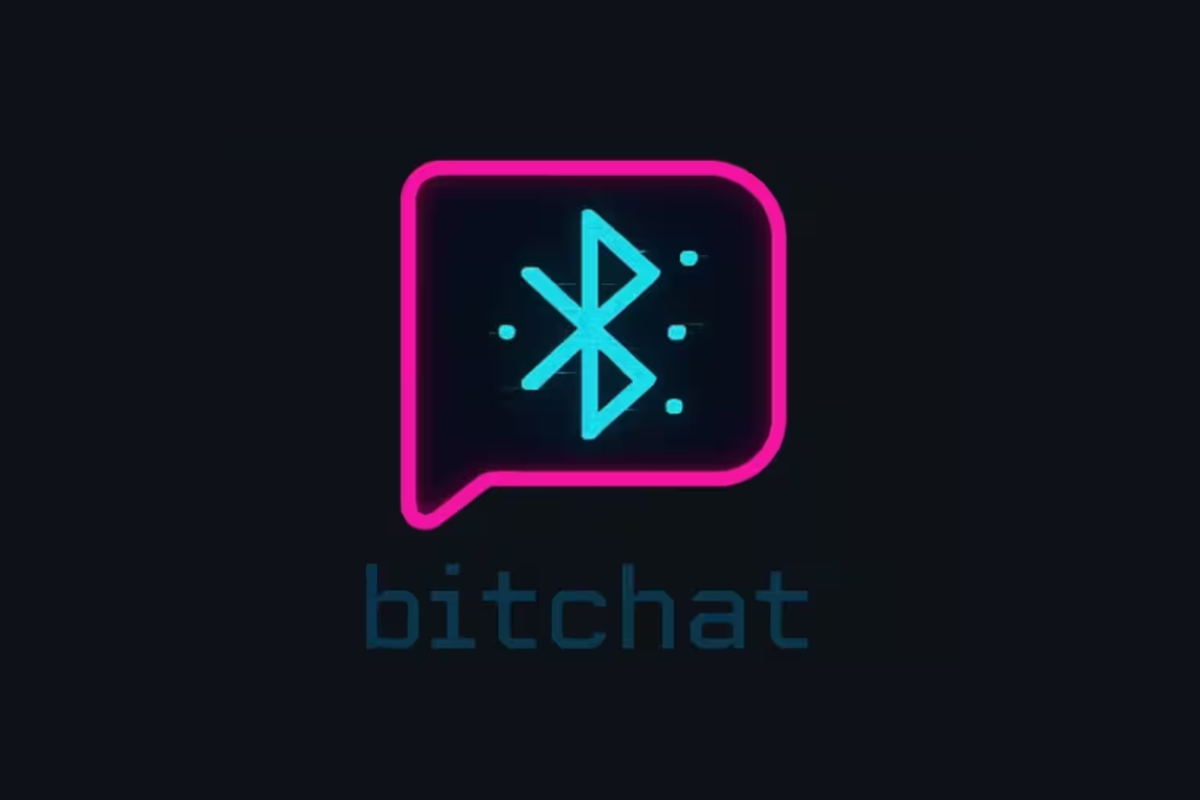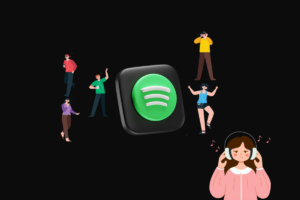Privacy & Decentralization at the Core
What sets Bitchat apart from traditional messaging apps is its fully decentralized structure. Your messages stay on your device and aren’t stored in one main location. Instead, your device stores data temporarily, making it more secure and harder to track.
You can start using it without signing up with your email or phone number. That means there’s no user profile for third parties to collect or sell data from—a major advantage for privacy-conscious users.
This structure makes Bitchat highly resistant to censorship, surveillance, and data breaches, unlike centralized platforms that can be shut down or monitored.
Ideal for Emergencies, Protests, and Poor Networks
Apps like Bitchat are especially useful in situations where network access is restricted—such as during natural disasters, power outages, or government-imposed internet blackouts.
Similar apps like Bridgefy gained popularity during the Hong Kong protests, where internet services were heavily restricted. In the same way, Bitchat can help people stay connected in tough situations, without depending on traditional infrastructure.
It’s also perfect for crowded events (like concerts, sports matches, or festivals), where mobile networks often slow down or stop working altogether.
How Messages Travel Through Devices
Bitchat’s message-sharing system works by using short-range Bluetooth signals. When a message is sent, it travels through nearby devices until it reaches the person it’s meant for.
Every device helps send and pass along messages, making the network reach farther. The more people using Bitchat in an area, the better the app performs—because more “nodes” increase the coverage.
In places where users move around, messages follow them and continue to spread across nearby clusters, making it possible to deliver texts even without direct contact.
Features That Make Bitchat Stand Out
Here’s a recap of what makes Bitchat a powerful offline messaging tool:
• Peer-to-peer messaging without internet
• End-to-end encryption for private conversations
• No need to share personal details like your email or phone number.
• Messages are forwarded automatically through other nearby devices
• Disappearing messages—messages are not stored permanently
• Works across platforms—Bluetooth LE-based, open source
• Future upgrades like WiFi Direct support are planned
•. Currently, in Apple TestFlight, App Store, and Android versions are coming soon
The Bigger Picture: Offline Networks are the Future
As the world becomes more connected, ironically, the need for offline solutions is also growing. People are looking for tools that give them control, privacy, and independence from large internet providers and tech companies.
Jack Dorsey’s Bitchat offers a look at the future of messaging—simple tools that let you stay connected, even without internet access. Whether you’re in a remote location, attending a crowded event, or concerned about privacy, Bitchat offers a secure and functional way to stay in touch.
Bitchat might not replace your daily use of WhatsApp or Telegram just yet—but it shows how alternative communication models can fill in gaps during emergencies, travel, or times of unrest. With its focus on privacy, decentralization, and offline access, it’s a promising glimpse into what next-gen messaging might look like.
As the app continues to develop and roll out to more platforms, we can expect even better features, faster delivery, and a wider range—all without the need for internet access.



